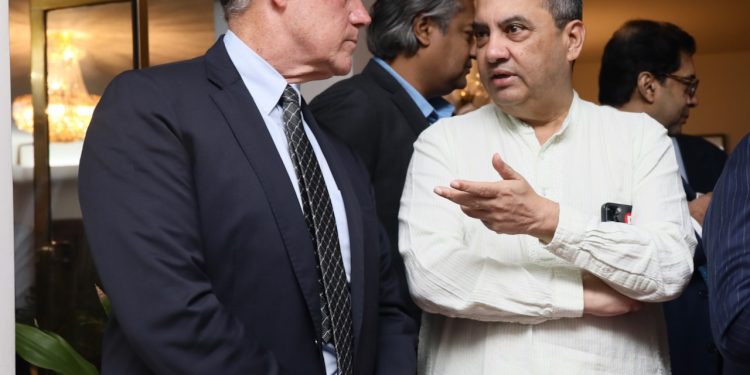Bangladesh is facing critical environmental challenges, from air pollution to topsoil loss. Saber Hossain Chowdhury, the newly appointed Minister of Environment, Forest, and Climate Change, has introduced a transformative 100-day action program to address these issues. This article highlights his vision for environmental reform, focusing on air quality, clean energy, and policy enforcement.
1. Air Pollution: A Pressing Priority
Dhaka’s air quality ranks among the worst globally, necessitating immediate action.
- Sources Identified: Key contributors include brick kilns, diesel vehicles, and construction dust.
- Government Response: The ministry has established complaint centers and initiated coordination with local authorities to tackle the crisis.
- Challenges Ahead: Effective enforcement requires a unified effort across various government sectors.
2. Transforming the Brick Kiln Industry
Brick kilns are a major source of pollution and agricultural degradation.
- Phasing Out Traditional Methods: Plans to replace traditional kilns with environmentally friendly alternatives aim to reduce emissions.
- Preserving Topsoil: Transitioning to alternative materials can save millions of tons of fertile soil annually.
- Supporting Transition: Financial schemes are being introduced to assist brickmakers in adopting cleaner technologies.
3. Scaling Up Clean Energy
Bangladesh has ambitious targets for renewable energy adoption.
- Current Status: Clean energy accounts for less than 5% of the nation’s energy mix, far from the 2030 goal of 20%.
- Proposed Measures: Expanding solar and wind energy projects while reducing dependency on fossil fuels.
- International Collaboration: Partnerships with global organizations are essential for funding and technology transfer.
4. Strengthening Policy and Enforcement
Effective environmental governance is critical for long-term success.
- Unified Approach: Collaboration among ministries, local governments, and law enforcement ensures cohesive action.
- Policy Innovation: The 100-day program serves as a blueprint for future environmental initiatives.
- Public Engagement: Raising awareness and involving citizens in environmental efforts fosters accountability.
5. A Vision for Sustainable Development
The minister’s leadership emphasizes balancing development with ecological preservation.
- Protecting the Sundarbans: Special attention is being given to conserving the world’s largest mangrove forest.
- Addressing Saltwater Intrusion: Efforts are underway to combat the impacts of sea-level rise on agriculture and freshwater supplies.
- Holistic Planning: Integrating environmental considerations into national development plans ensures sustainability.
Conclusion:
Minister Saber Hossain Chowdhury’s proactive approach to environmental reform is a beacon of hope for Bangladesh. By prioritizing air quality, embracing clean energy, and enhancing governance, the country can pave the way for a healthier and more sustainable future. The success of these initiatives depends on collective efforts from the government, private sector, and citizens alike.




